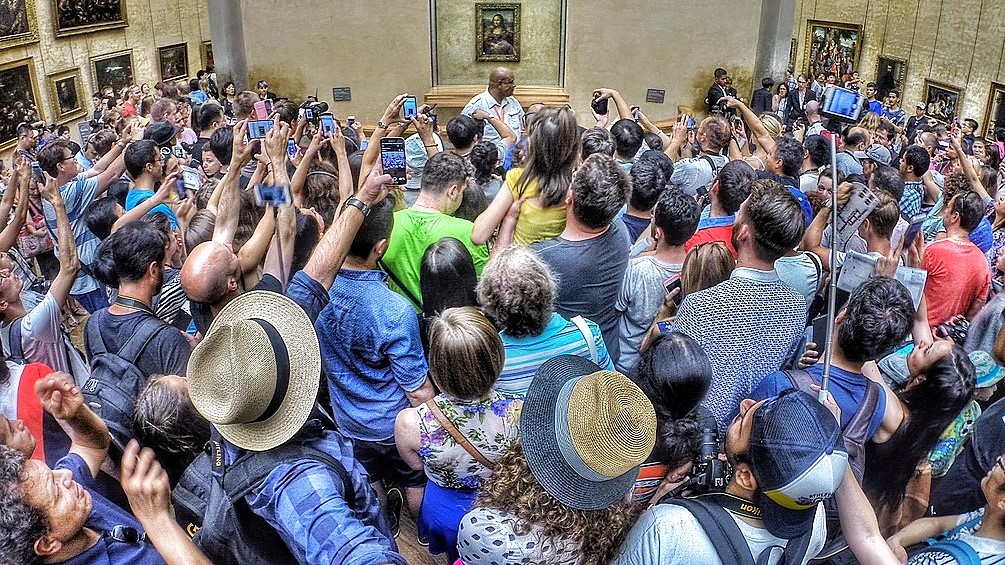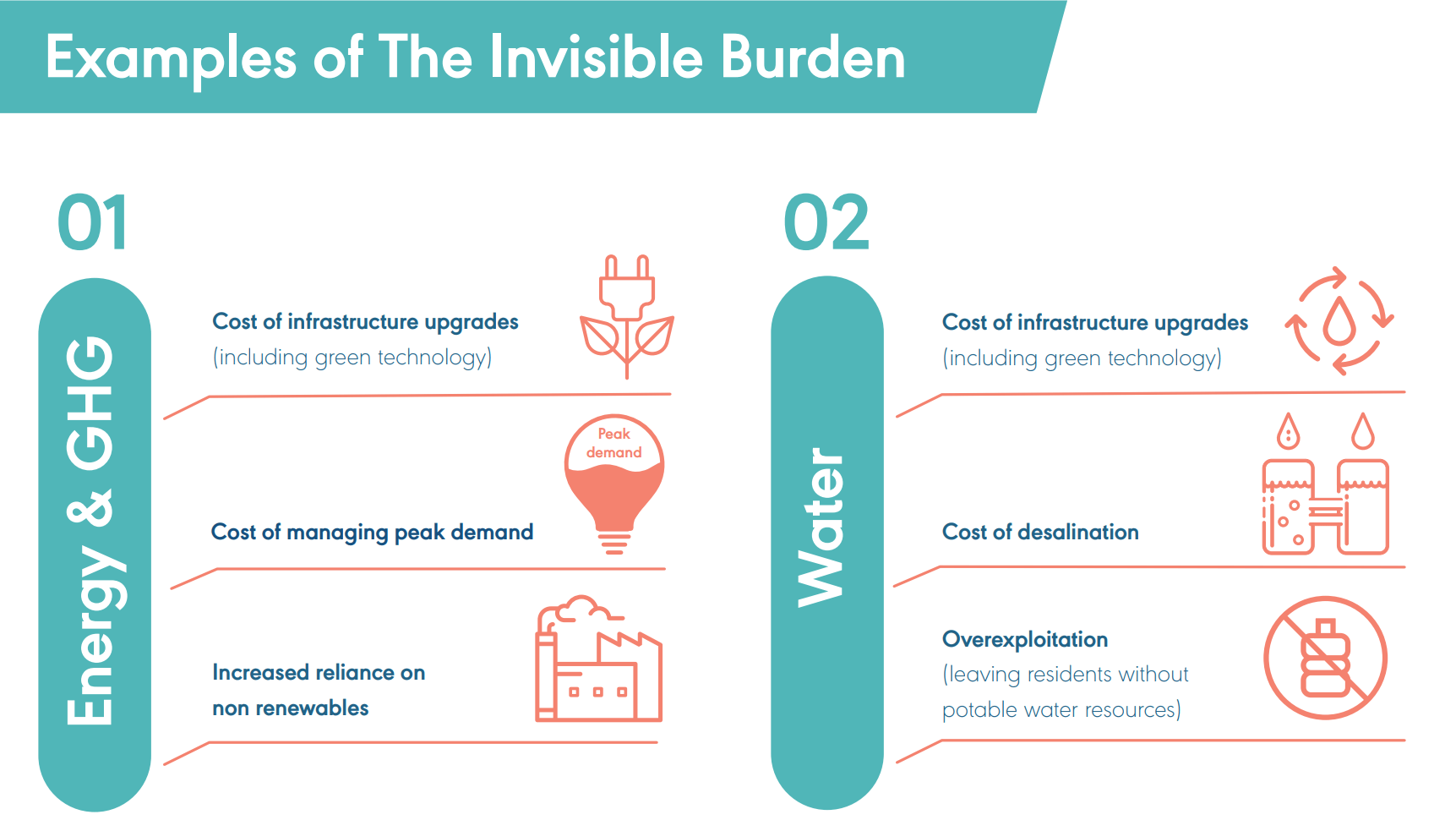It’s time to address tourism’s invisible burden

A free report will be released next week — Destinations at Risk: The Invisible Burden of Tourism — by the Travel Foundation, Cornell University, and EplerWood International. Travel Foundation Chairman Noel Josephides explains why it was commissioned in this “Good Tourism” Insight.
Thanks mainly to the phenomenon known as overtourism, the future of our industry has become a regular topic for trade conferences and the trade and consumer travel media. So much so, that “overtourism” became one of Oxford Dictionary’s “Words of the Year” in 2018. This discourse follows a familiar pattern, raising examples of destinations struggling to cope, and pointing to various factors that may be aggravating the problem. The natural conclusion is invariably that we need “better destination management”.
However, these overtourism-inspired debates have not particularly helped our understanding of what “better destination management” is, why it hasn’t happened already, and what needs to change to make it happen, in a global context.
A few destinations are, commendably, seeking to take a different approach. Some are introducing tourism taxes, some are placing restrictions on certain types of tourism (such as Airbnb and cruise), some are adapting their marketing strategies and are becoming more concerned about residents’ views. But these responses are generally reacting to a specific issue that has reached a flash point and can no longer be ignored. What other issues may be simmering under the surface waiting to appear in years to come? My sense is that we are not getting to the root of the problem. And that not much, and not enough, is changing in the way we manage tourism.
Our objective for this report, coming together with EplerWood International and Cornell University, was therefore to better understand, and explain, the situation in which many destinations now find themselves.

The report suggests that, wherever it exists, tourism places an “invisible burden” on destinations and their residents. The invisible burden leaves inadequate revenue to provide a sustainable foundation to manage the rapid growth of tourism worldwide. Examples of the invisible burden of tourism include the costs of:
- expanding local infrastructure to meet growing tourism needs;
- high demand for scarce land and valuable urban resources;
- managing increased exposure to climate change risks, especially with coastal tourism; and
- protecting historic public spaces and monuments.
As a result of the invisible burden, many destinations are ill prepared for coping with tourism growth. It is vital that the renewed calls for better destination management do not amount to businesses abdicating their responsibilities by placing them squarely on the shoulders of national and municipal tourism administrations.
It’s time for us to look at a bigger picture and find ways to collaborate so that destinations in urgent need of resources, skills, and leadership can access these. By addressing its invisible burden, tourism can truly become the global force for good we all want it to be, for the benefit of visitors and residents alike.
Sign up to receive the free report at www.invisibleburden.org.
Featured image: Catching a glimpse of the Mona Lisa at Musée du Louvre, Paris … Max Fercondini (CC BY-SA 4.0) via Wikimedia. “GT” cropped it.
Download
About the author

As well as serving as Chairman of the Travel Foundation, Noel is the founding partner and Chairman of Sunvil Holidays, which was established in 1973. He is a board member of AITO (Association of Independent Tour Operators) and in 2013 he was elected as Chairman of ABTA (Association of British Travel Agents). Noel is also the Chairman of AGTA (Association of Greek Cypriot Travel Agents and Tour Operators).





